Search: CEC
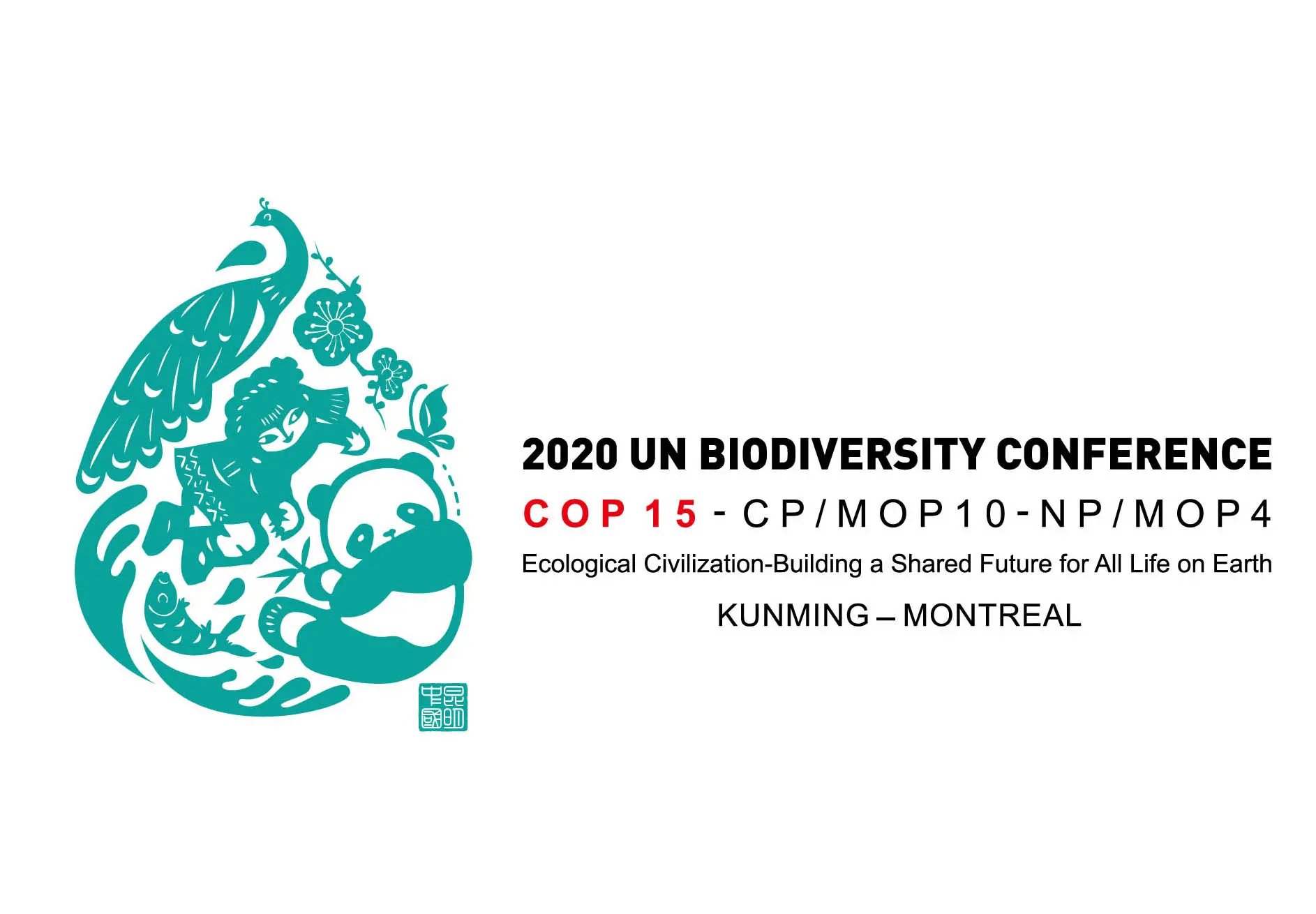
IUCN Statement | 19 Dec, 2022
IUCN welcomes the Post-2020 Global Biodiversity Framework, which was adopted at the UN Biodiversity Conference (CBD COP15) in Montreal, Canada on 19 December 2022 after four long years of negotiations. We congratulate the Chinese Presidency, Canadian hosts and the CBD secretariat for their…

Large event
IUCN participated in the CBD COP15 in Montreal to advocate for a post-2020 Global Biodiversity Framework that sets coherent and ambitious goals and targets to halt and reverse the loss of biodiversity by 2030.
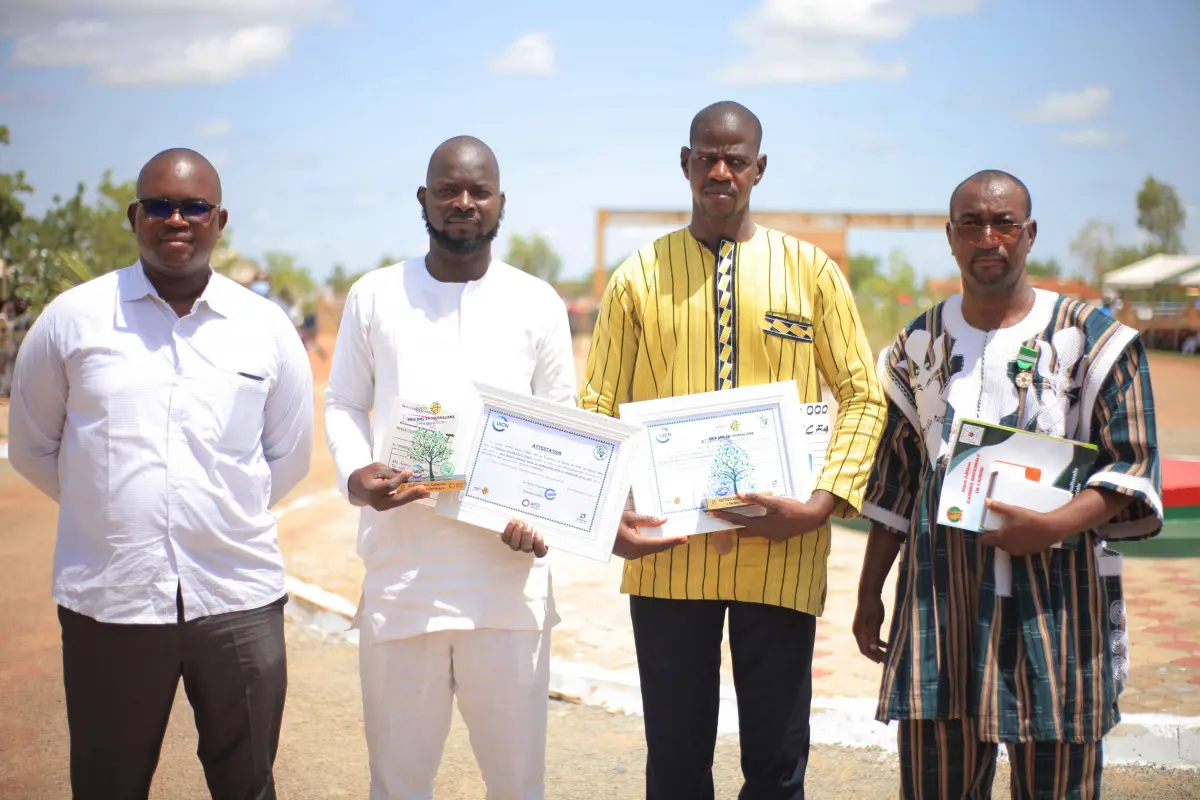
Story | 21 Jun, 2022
The BIODEV2030 project, launched in early 2020 supports the country's development ambition, while promoting the adoption of voluntary sectoral commitments that incorporate ambitious biodiversity conservation and restoration measures.
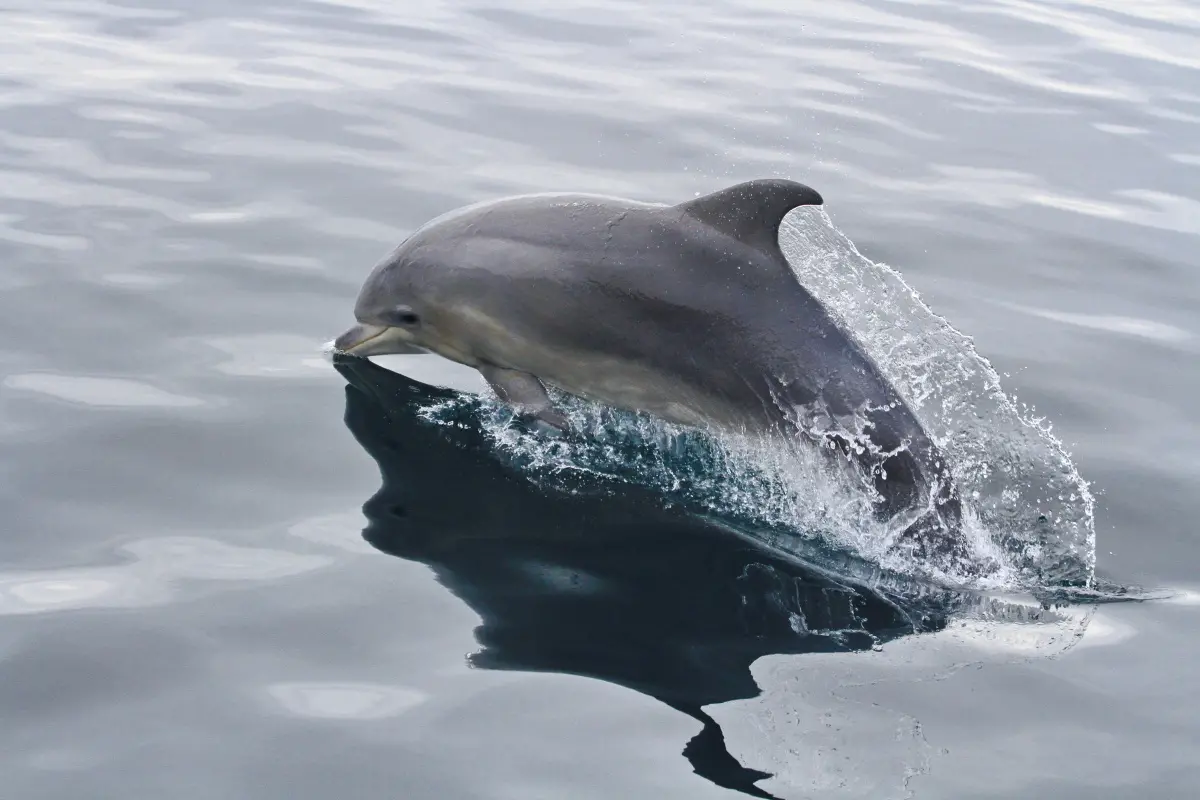
Story | 29 Oct, 2021
This International Black Sea Action Day, 31st October, 11 habitats of Red-List Endangered Black Sea harbour porpoises and bottlenose dolphins as well as Vulnerable Black Sea common dolphins have been formally awarded Important Marine Mammal Area (IMMA) status by the…
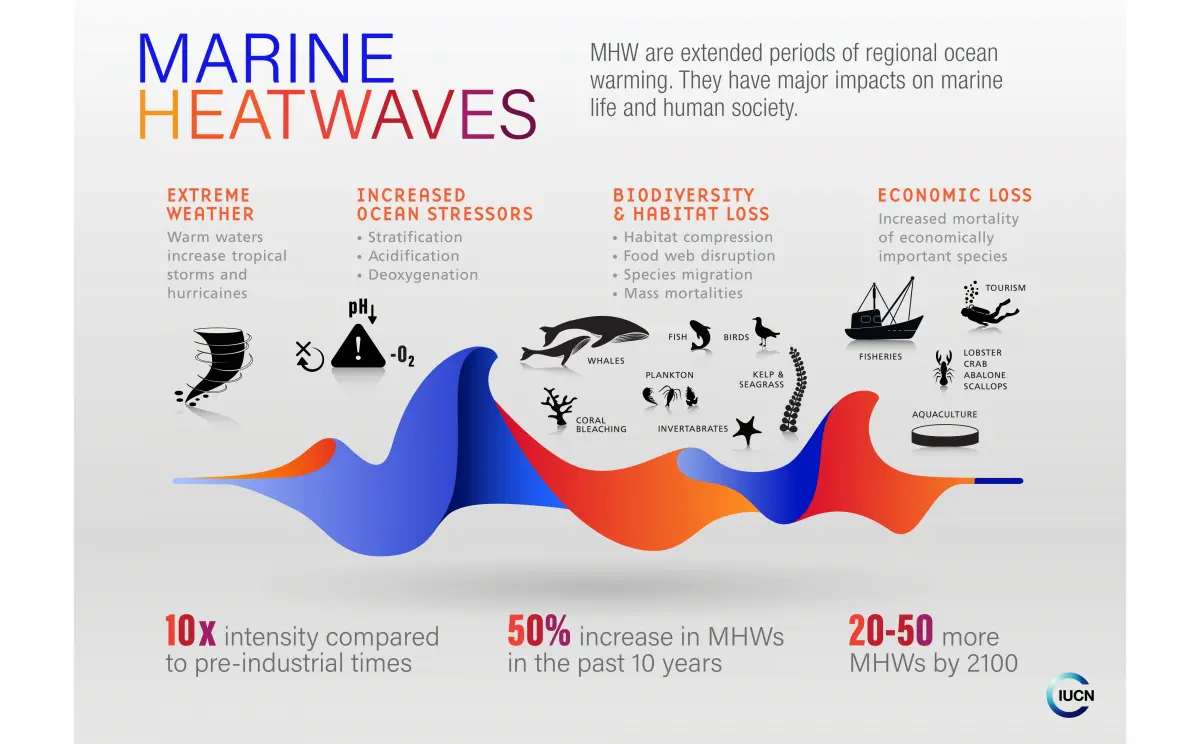
Story | 19 Oct, 2021
Marine Heatwaves: a serious threat to marine biodiversity and livelihoods
Back in 2011, extremely warm water temperatures persisting over thousands of kilometres along the coastline of Western Australia caused coral bleaching, mass die-out of marine life and wiped out kelp forests. Since then, this phenomenon of abnormally high-water temperatures has been recorded in…

Story | 13 Oct, 2021
Plankton are the superstars of the ocean and MAPMAKER is the tool that follows them
Without marine plankton our planet would be a different place. Future projections and impact metrics of plankton diversity around the world are now able to be seen graphically through the MAPMAKER tool. MAPMAKER's new visualisation tools allow data-driven decision-making on marine biodiversity…
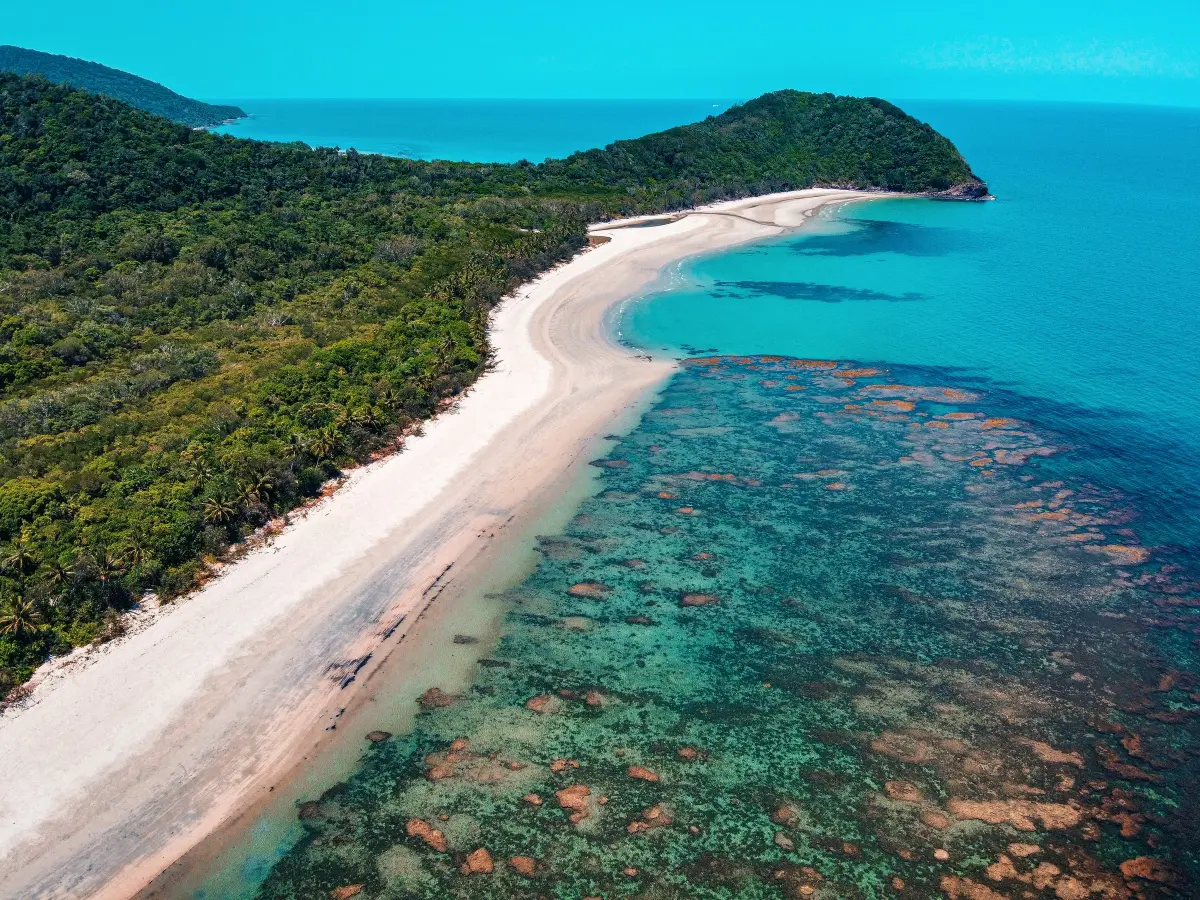
DG Statement | 21 May, 2021
IUCN Director General’s Statement for International Day for Biological Diversity
We mark this year's International Day for Biological Diversity at a time of upheaval, in the midst of a continuing pandemic, a fast-changing climate, with biodiversity in steep decline. At the same time, we know that halting biodiversity loss is possible, and that it can open the way to a more…
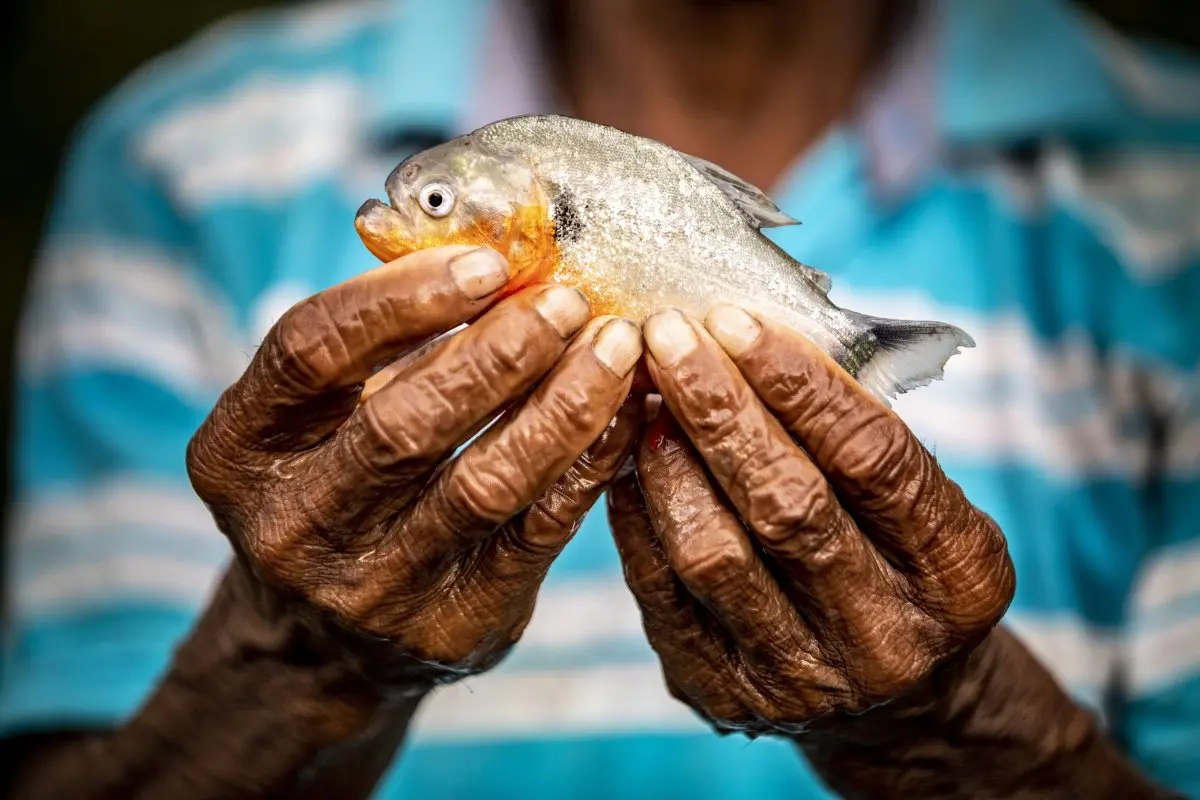
Story | 22 Feb, 2021
One-third of freshwater fish face extinction, warns new report
A new report ‘The World’s Forgotten Fishes’ reveals the extraordinary variety of freshwater fish. This variety accounts for over half of all the world’s fish species and is essential to the health of the world’s rivers, lakes and wetlands and well-being of societies and economies across the…
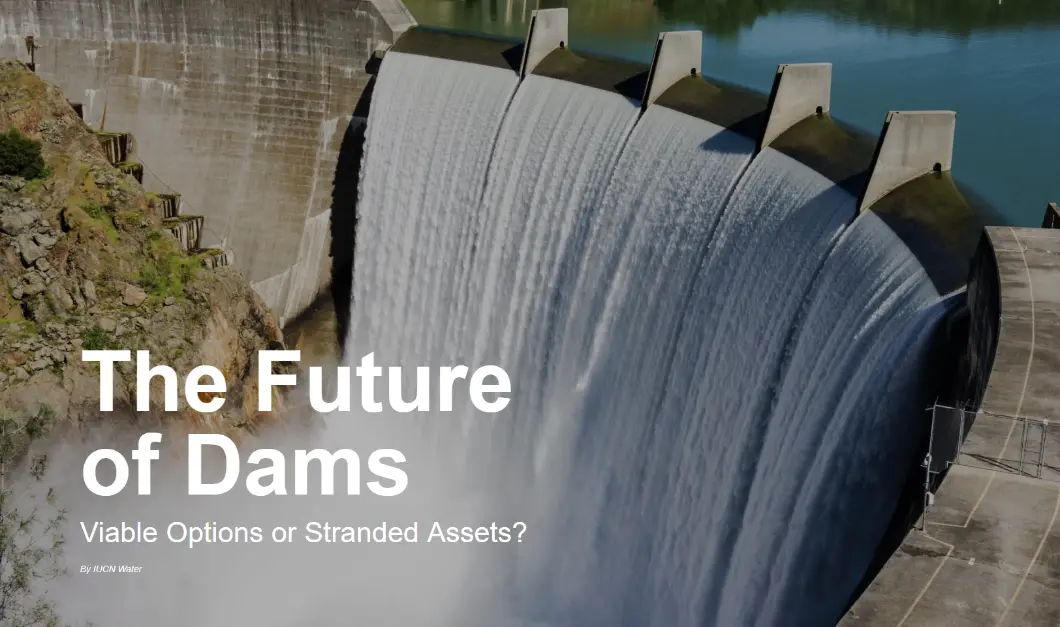
Story | 29 Aug, 2019
The Future of Dams - Viable Options or Stranded Assets?
Since the 1997 IUCN-World Bank study 'Large Dams: Learning from the Past, Looking at the Future' and the subsequent establishment of the World Commission on Dams, IUCN recognises dams are, for better or worse, an integral part of a post fossil-fuel future in which energy needs are met for all.…
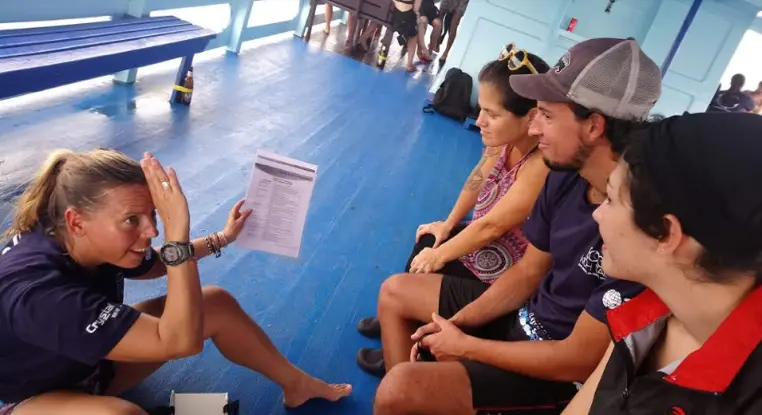
Blog | 05 Nov, 2018
Blog by Ria Sen, member of the IUCN Comission on Education and Communication
